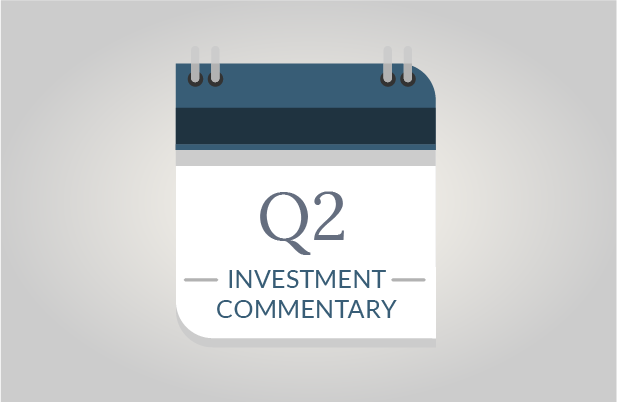SageVest Wealth Management recently came across an article in the New York Times that predominantly discussed mutual fund fees and alleged investment advisory conflicts. The public commentary in this and other similar pieces is well-intentioned, with an objective of helping investors plan for retirement. However, we are concerned that some discussions lack clarification and that, worse, they could scare Americans away from saving for their futures.
It seems timely to offer a few words on the advantages of working with a Registered Investment Advisor and fiduciary like SageVest Wealth Management, as well as important information to give you peace of mind about our services and how we structure the investments in client portfolios.
High Mutual Fund Fees
High mutual fund fees have been a primary topic of discussion. In a number of articles, John C. Bogle, founder and former Chief Executive of Vanguard, has been quoted as estimating mutual fund fees to total 2-3%.
While mutual fund investors can incur such fees, the bulk of mutual funds have fees way below these levels. In fact, the mutual funds represented in SageVest current balanced investment portfolios have a weighted average fee of approximately 0.75%*. We further reduce investment costs by utilizing index investments that bring overall investment asset fees closer to 0.55%* – well below the average fees discussed in the media today.
How do we do it?
- We don’t receive any commissions. We don’t invest in any mutual funds with commission fees.
- We have the ability to access institutional funds that are cheaper than those available to retail investors.
- We always remain mindful of fees, considering what our investors get for those fees, and how they impact the bottom line.
Costly 401(k) Plans
About two years ago, 401(k) plans fell under a lot of scrutiny regarding fees. Thankfully, these retirement investment vehicles are now subject to requirements that compel plan administrators to review and disclose fees. Despite this change, 401(k) plans remain under attack in the press.
Investors should certainly be mindful of fees. However, they need to understand that 401(k) plans will always entail some level of fees due to inherent administrative requirements. More importantly, before investors shy away from 401(k) plans, they need to consider the opportunity costs:
- For most Americans, 401(k) plans offer the greatest tax-deferred savings potential. In 2015, an individual under age 50 can contribute $18,000 to a 401(k). In comparison, the same person can only contribute a maximum of $5,500 to an IRA. That’s a significant differential in tax-deferred savings potential.
- Furthermore, if you are eligible to contribute to a 401(k), but choose not to, you might forgo the ability to contribute to an IRA on a pre-tax basis. As such, investors need to ask if avoiding fees is better than contributing nothing on a pre-tax basis.
- Finally, many employers offer matching contributions that are only available if you contribute to your 401(k) plan. Again, investors need to ask if avoiding fees is worth missing out on free contributions – especially when matching contributions can sometimes equate to a 100% return on your investment. That kind of return is hard to find!
Investment Advisory Conflicts and IRA Accounts
401(k) plans are not the only type of retirement saving accounts currently being highlighted in the press. President Obama has been trying to impose a fiduciary responsibility – a requirement to act in the client’s best interest – on investment managers of IRA plans.
We fully support this effort as we have always proudly acted as fiduciary. However, we don’t understand why efforts are being limited to IRA accounts.
IRA accounts are a key element of most Americans’ retirement plans. They offer tremendous opportunities in pursuit of retirement objectives. Furthermore, electing an IRA rollover from a 401(k) can be a great way to reduce fee structures like those discussed above, while also gaining broader investment opportunity. Investors should always be wary of unscrupulous investment advisors, but by no means should they be wary of IRA accounts as a retirement savings vehicle.
We hope that this guidance helps to clarify points that you might come across in the media. We also hope that it renews your confidence in working with SageVest Wealth Management, knowing that we always act in your best interests. Please CONTACT US to find out more.
If you found this article useful, please SUBSCRIBE.
* Average fees are representative of our target balanced account investment model. Actual client portfolio fees may differ.




